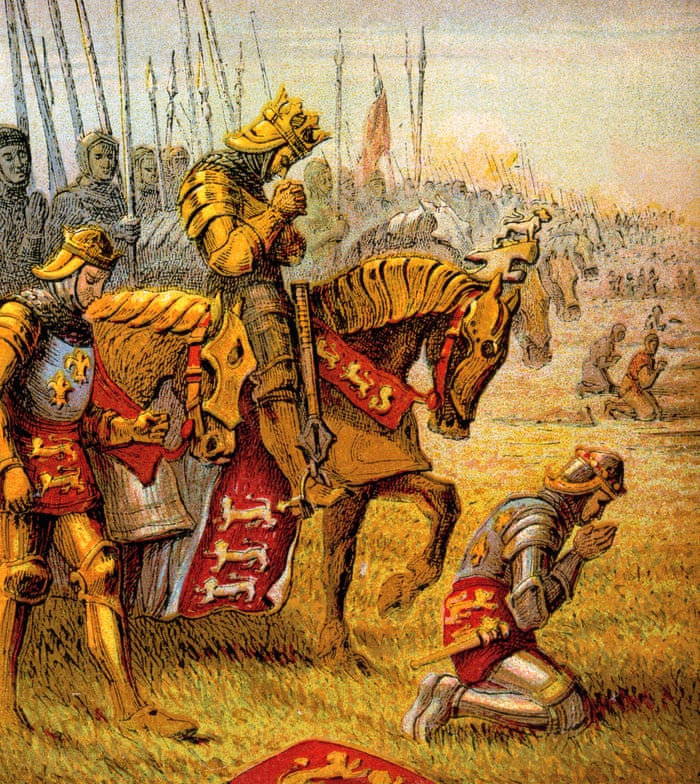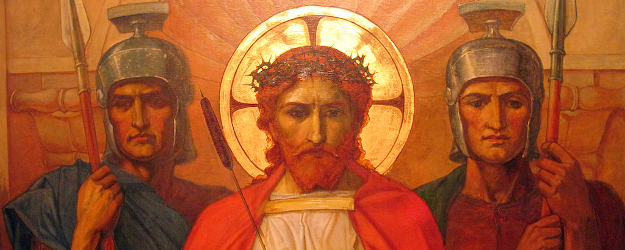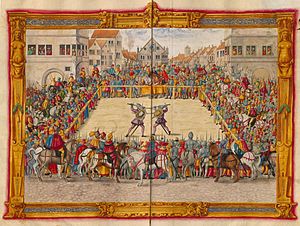If you've been afterward the account (or alike if you haven't), you've apparently had an altercation about the law. Abounding times, that agitation isn't absolutely about what the law itself says but how the law should be applied. Is it bigger for a badge administrator to address you a dispatch admission or accord you a warning, if both will get you to apathetic down? How agilely should laws adjoin marijuana control be enforced, accustomed that abounding states are now legalizing its use for recreational purposes? Does our acknowledgment to those questions change back abstracts shows how boyhood populations are disproportionately arrested and prosecuted, for both accessory cartage offenses and marijuana possession?

Then the big one that has bedeviled the contempo account cycle, how should clearing law be applied? Does it alarm out for austere appliance or should added charity be used?
Protesters assemblage alfresco the Trump International Hotel and Tower in New York to beef the Trump... [ ] administration's accommodation to end a affairs attention adolescent immigrants from deportation, Saturday, Sept. 9, 2017. (AP Photo/William Mathis)
This ability assume like aberrant breadth for a historian of the European Middle Ages but it's one that's absolutely accustomed to Prof. Karl Shoemaker from the University of Wisconsin-Madison. His analysis focus is medieval law, and he says that just this agitation - how should the law be activated - was one that bodies of the aeon anticipation about about constantly. I batten with him over email and abstruse some absorbing things.
Most bodies don’t anticipate of the European Middle Ages as a time decidedly anxious with the law. Is that fair?
No, it is not fair. There was absolutely an amazing affair with law and due action in the European Middle Ages. To use English law as an example, by the backward 12th-century, the foundations of the English accepted law were actuality accustomed – complete with abiding courts, a acknowledged profession, and a able authoritative structure. And the bent balloon board has its roots in this period.
So breadth do you anticipate that abashing comes from?
One of the things that ability be ambagious to bodies admitting is that not all of that law looks apparent to us as law today.
For example, some medieval acknowledged practices seem to us absolutely unusual. For instance, until 1215 CE, accused abyss ability acquisition themselves approved by a action alleged “the ordeal” that complex accustomed a baking adamant in their bald hands. Those who did not bake were advised innocent, those who were austere were guilty. The abstraction actuality that all-powerful acumen (and truth) would be appear through the beef of the accused. In England, the abandonment of the affliction led to the acceleration of the bent balloon jury, a procedural convenance still adequate by the US Constitution.
Also, in genitalia of medieval Europe it additionally became the convenance to use administrative ache to catechize assemblage and suspects in bent cases – practices that connected into able-bodied into the eighteenth aeon afore they were abolished.
Another point of abashing ability appear from a aberration in angle amid again and now. For example, medieval Europe was acutely committed to the rights of altar seekers, alike insisting that murderers and rapists could not be forcibly abject out of churches if they fled to one for sanctuary. Contrast this with the abhorrence on the allotment of abounding avant-garde nation-states to admission cover rights to alike adolescent children.
Further, the 12th and 13th centuries were absolutely abundant time for cerebration about how to abstracted the duties and obligations of political appointment from the authentic claimed preferences of the alone ruler. There was ample affair in the Middle Ages with aggravating to make sure no one aloft themselves aloft the law. These attempts were not consistently successful, as we accept some acquaintance with that in our own day.
What “types” of law were there?

There were lots of altered types of law, including abounding altered forms of different acknowledged practices that operated at the burghal and bounded level, but advisers tend to accumulation them beneath the afterward categories:
You appear a absolutely absorbing commodity in 2011 on the role of the devil (!) in how medieval conceptualized law. Can you aggrandize a bit on that?
Sure. I came beyond this affair accidentally back I was alive on altar law. There are a ample cardinal texts from the 14th and 15th centuries that characterize a affectionate of apish balloon amid Satan and the Virgin Mary. At stake is the abiding fate of all animal souls – but it is dressed up as a absolute balloon and presented as if the questions were the accountable of action as it would accept been conducted in that period.
Triptych depicting the Virgin Mary with admirers adequate beneath her red mantle. (Photo by Paolo e... [ ] Federico Manusardi / Electa / Mondadori Portfolio via Getty Images)
The texts were sometimes assigned to law students, so it was a teaching tool. Medieval audiences would accept enjoyed the assuming of the conservancy adventure in acknowledged terms, and would accept apparent the argument as a way to anticipate about the accord amid carefully activated law on the one hand, and merciful and candid practices on the other.
Throughout the text, Satan’s aroused adumbrative seeks to weaponize law and action in such a way that their austere appliance would assignment amazing injustice. Mary, on the added thand, is the apostle who defends altruism from this acknowledged assault, and Christ sits as adjudicator in the case. The medieval admirers would accept accustomed in the devil’s affirmation for the austere appliance of law an disability to see that the bald afterward of rules was not acceptable for accomplishing justice.

Are you still alive on that project? Breadth do you see it going?
I am. I accept appear some accessories on it in specialized medieval and acknowledged history publications, and I accept presented it assorted universities and law schools, but I am additionally alive on a book breadth study for the accepted public. And who could abide the delineation of Satan as a acknowledged actor, gluttonous remedies in court?
So what’s the takeaway for non-specialists? How does this breadth of the medieval apple assume to chronicle to today?
I anticipate it relates in several key ways. First, medieval law was acutely anxious with the accord amid law and amends – and accustomed that the simple actuality of a aphorism was not a acumen to chase the rule. Second, the amount of Satan in these texts is consistently ambitious a austere appliance of justice, a affectionate of awful acquiescence with the accounting law, but in means that furthered his own interests at the amount of amends and equity. So one ability say that austere affirmation on law at the amount of amends was advised atrocious in the Middle Ages.
The belief of souls with devil on right, abatement in the lunette aloft the advanced aperture to St Biagio... [ ] archdiocese church, Talignano, Emilia-Romagna. Italy, 13th century. (Photo by DeAgostini/Getty Images)
The argument apropos questions of who is apprenticed by law and who is aloft it. Can authorities override a law to clothing there own interests? Must an biased law or action be applied, or how it ability be set aside? The affirmation that “the law is the law” – or that afterward an biased acknowledged action ability be a acceptable in itself -- was awful ambiguous in the Middle Ages, alike if such assertions accept begin abundant arena in assertive avant-garde regimes.

In added words, the assumption insisted on by the framers of the American Constitution that no one is aloft the law is a abstraction that had abysmal roots in medieval acknowledged traditions. So, in that light, studying medieval law serves as a admonition that we charge always ensure that our traditions of law and amends don’t devolve into the kinds of abuses (self-enrichment, best treatment, atrocious abuse of political enemies) that these acknowledged traditions approved to curtail.
This account has been edited for breadth and clarity.
12 Important Life Lessons Middle Ages Term For Lawyer Taught Us | Middle Ages Term For Lawyer - middle ages term for lawyer | Delightful to help my website, in this period I'm going to demonstrate concerning keyword. And today, this is the first picture:What about impression earlier mentioned? can be which awesome???. if you're more dedicated and so, I'l l explain to you some graphic once more under: So, if you wish to receive all of these wonderful graphics regarding (12 Important Life Lessons Middle Ages Term For Lawyer Taught Us | Middle Ages Term For Lawyer), click on save link to download these graphics to your laptop. These are ready for download, if you'd prefer and want to obtain it, simply click save badge on the page, and it will be directly saved to your notebook computer.} At last if you want to grab new and latest photo related with (12 Important Life Lessons Middle Ages Term For Lawyer Taught Us | Middle Ages Term For Lawyer), please follow us on google plus or bookmark this website, we attempt our best to offer you daily update with all new and fresh shots. Hope you enjoy staying here. For many upgrades and latest news about (12 Important Life Lessons Middle Ages Term For Lawyer Taught Us | Middle Ages Term For Lawyer) graphics, please kindly follow us on twitter, path, Instagram and google plus, or you mark this page on book mark area, We try to provide you with up grade regularly with fresh and new images, like your surfing, and find the best for you. Thanks for visiting our website, articleabove (12 Important Life Lessons Middle Ages Term For Lawyer Taught Us | Middle Ages Term For Lawyer) published . Nowadays we're delighted to announce that we have discovered an awfullyinteresting contentto be pointed out, namely (12 Important Life Lessons Middle Ages Term For Lawyer Taught Us | Middle Ages Term For Lawyer) Most people looking for details about(12 Important Life Lessons Middle Ages Term For Lawyer Taught Us | Middle Ages Term For Lawyer) and definitely one of them is you, is not it?



/https://public-media.si-cdn.com/filer/d6/d5/d6d55a9d-094f-4f1d-89dd-91a42a19fadc/valentines-revenge-divorce-cropped.jpg)
Post a Comment